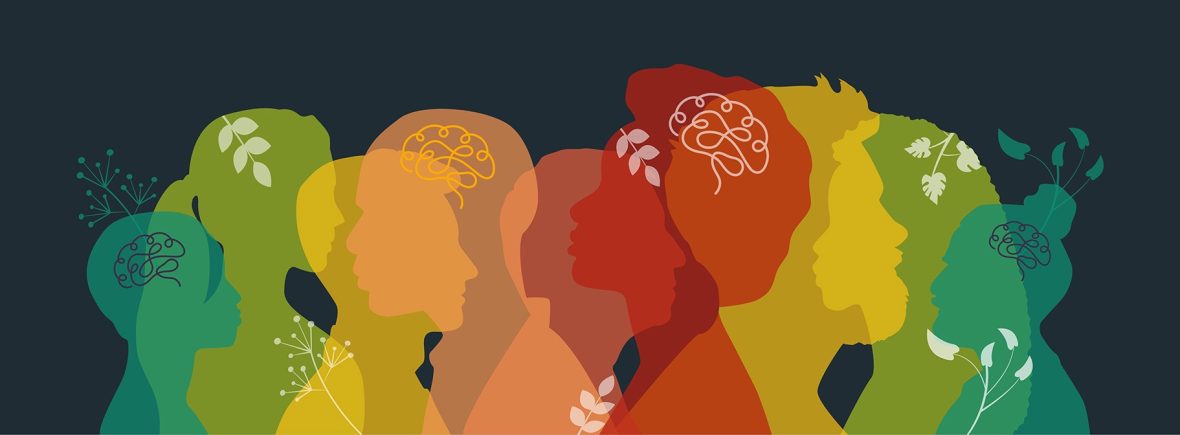At the DSAN Lab, we are fascinated by how the brain and mind interact with socioemotional contexts to answer the fundamental questions, ‘Am I good enough?’ and ‘How can I adapt effectively to the environment?’ Specifically, we investigate how young people process emotional experiences—primarily self-relevant social and performance feedback—to learn about themselves, shape emotions, and adapt their behaviors to promote psychological and social well-being.
Our research explores the neural mechanisms underlying these processes, both in the immediate moment of feedback and across years of cumulative experiences, to understand how the brain supports psychological and social adaptation. We also examine how these processes can go awry, contributing to maladaptive self-views, mental health challenges, and social difficulties.
Our work focuses on adolescents and emerging adults because their dynamic social environments and malleable brains offer unique opportunities to study the formation of self-view and social behavior, as well as to identify early interventions that promote healthy socioemotional functioning across the lifespan.
To address our research questions, we use a range of methods, including developing novel behavioral and fMRI experiments, multimodal neuroimaging analysis, computational modeling, and longitudinal data analysis with structural equation modeling.
Our lab is a part of the Psychology Department and the Center for Vital Longevity at UT Dallas, exciting places for collaborations on lifespan development research, social neuroscience, and clinical neuroscience!

